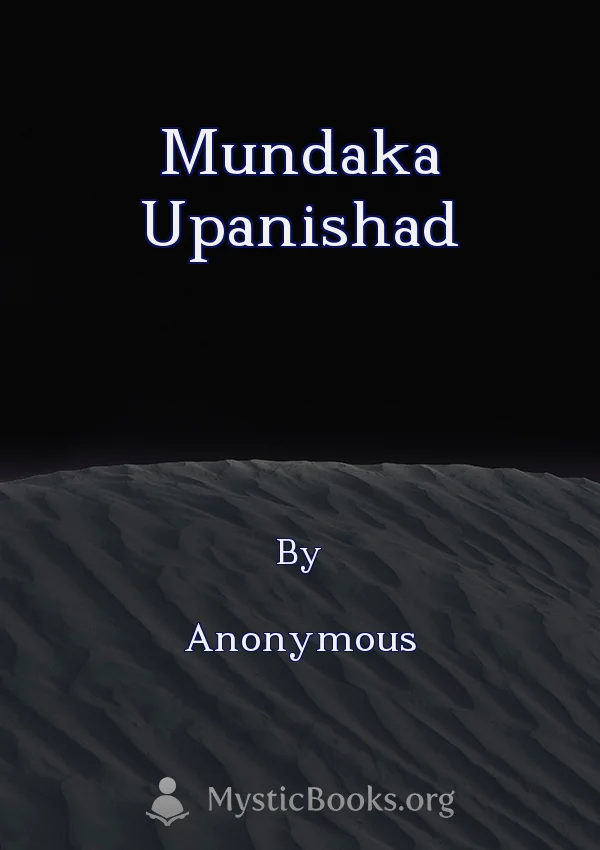
Mundaka Upanishad
by Anonymous
'Mundaka Upanishad' Summary
The Mundaka Upanishad, a foundational text within the Vedanta tradition of Hinduism, explores the nature of reality and the path to liberation. It is divided into three sections, each containing two chapters. The first section, through a dialogue between a father and his son, introduces the concept of Brahman, the ultimate reality, and the two paths to knowledge: the path of action and the path of knowledge. The second section delves deeper into the nature of Brahman and its connection to the individual soul, Atman. The third section focuses on the importance of a spiritual teacher (guru) and the practice of meditation as essential tools for achieving liberation. The Mundaka Upanishad emphasizes the search for true knowledge as a way to transcend the limitations of the material world and realize the true nature of the self. It encourages readers to pursue spiritual wisdom through contemplation, meditation, and the guidance of a teacher, offering insights into the ultimate meaning of life and the interconnectedness of all things.Book Details
Language
EnglishOriginal Language
Published In
Genre/Category
Tags/Keywords
Authors
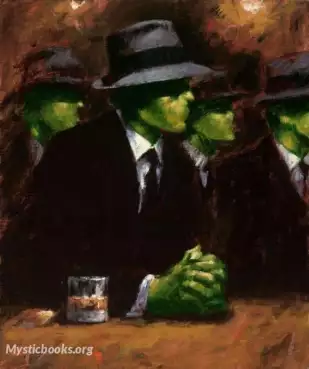
Anonymous
Unknown
An anonymous author is a writer who has chosen to keep their identity hidden from their readers. The reasons for this decision can vary, and may include political or social persecution, personal priva...
Books by AnonymousDownload eBooks
Listen/Download Audiobook
- Select Speed
Related books
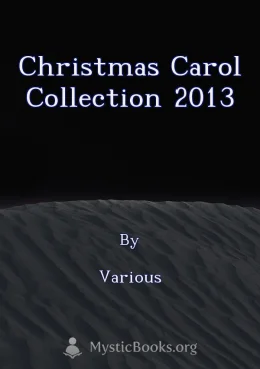
Christmas Carol Collection 2013 by Various
This collection of traditional Christmas carols, hymns, and songs from around the world is a wonderful way to celebrate the holiday season. With selec...
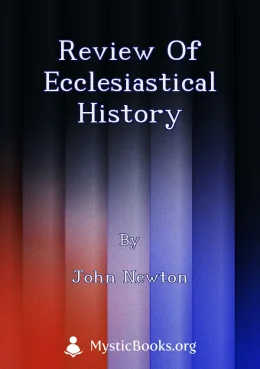
Review of Ecclesiastical History by John Newton
John Newton's "Review of Ecclesiastical History" examines the trajectory of the Christian church, tracing its growth, decline, and periods of spiritua...
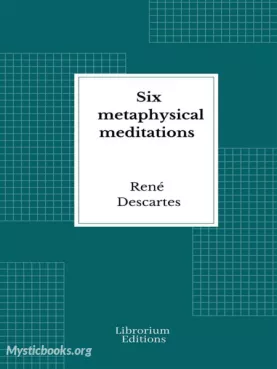
Six Metaphysical Meditations by René Descartes
In the depths of contemplation and radical doubt, René Descartes takes us on an intellectual journey like no other in his timeless work, "Six Metaphys...
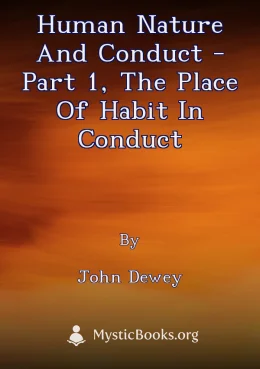
Human Nature And Conduct - Part 1, The Place of Habit in Conduct by John Dewey
John Dewey, a renowned early 20th-century American philosopher and psychologist, explores the concept of 'habit' and its profound influence on human n...
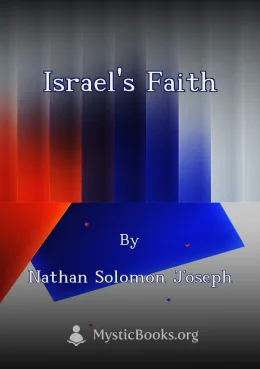
Israel's Faith by Nathan Solomon Joseph
Israel's Faith is a collection of short readings designed to provide Jewish youth and others with helpful perspectives on Jewish belief. The book cove...
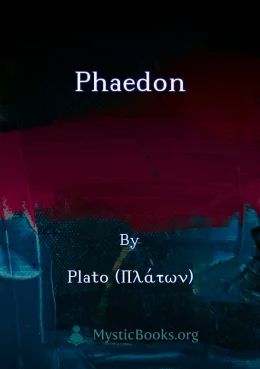
Phaedon by Plato (Πλάτων)
The Phaedo is a Platonic dialogue that recounts the final hours of Socrates' life, as he awaits his execution by drinking hemlock. The dialogue focuse...
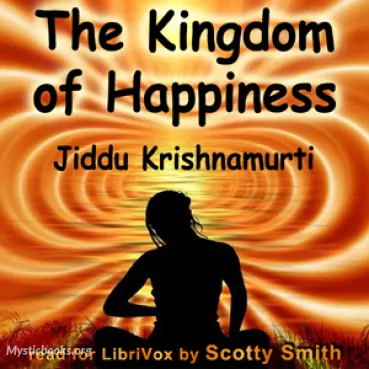
The Kingdom of Wisdom by Jiddu Krishnamurti
It is a thought-provoking book that explores the nature of happiness and the keys to finding lasting fulfillment. This book offers valuable insights a...
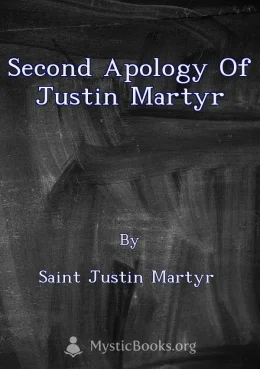
Second Apology of Justin Martyr by Saint Justin Martyr
The Second Apology of Justin Martyr is a powerful and eloquent defense of the Christian faith written in the mid-second century AD. Justin Martyr, a p...
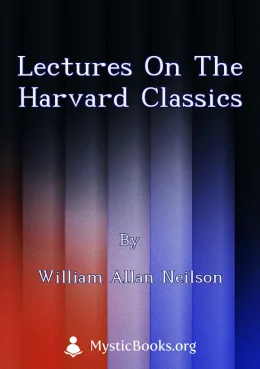
Lectures on the Harvard Classics by William Allan Neilson
This book is a series of lectures on the contents of The Harvard Classics, a collection of literary materials compiled by Charles William Eliot. The l...
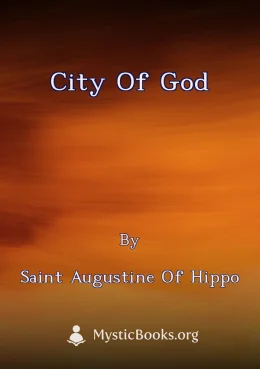
City of God by Saint Augustine of Hippo
Rome having been stormed and sacked by the Goths under Alaric their king, the worshippers of false gods, or pagans, as we commonly call them, made an...
Reviews for Mundaka Upanishad
No reviews posted or approved, yet...